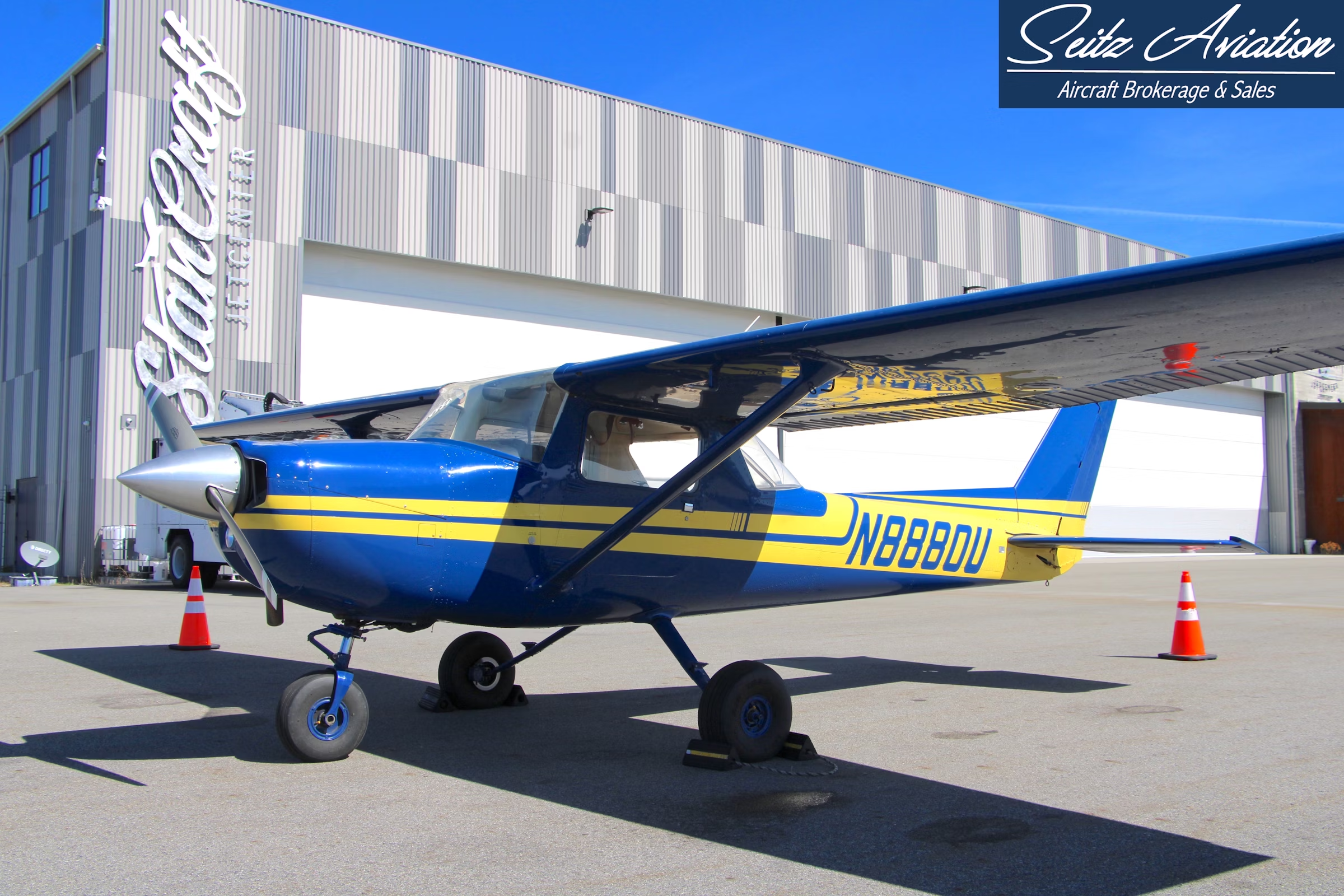
Congress will soon begin debating H.R. 2997 as FAA reauthorization time approaches. Wikimedia Commons
The Wall Street Journal ran a Valentine's Day editorial that had nothing to do with love, at least not with folks on either side of the ATC privatization debate. The piece, "Private Jet-Setters Against Better Air Travel," took the National Business Aviation Association to task for blocking reforms of the nation's air traffic control system by creating a "misinformation campaign." The WSJ said the NBAA's smoke and mirrors rhetoric has created the appearance that the airlines will control the new ATC board. Supporters of Rep. Bill Shuster's legislation, H.R. 2997, continue to be amazed at how the GA and business aviation groups can possibly be worried about airline domination of a private system that way it's been outlined.
The WSJ addressed the issue of airline domination of the board explaining, " … the major airlines would nominate only one seat on a 13-member board, as the Reason Foundation's Robert Poole pointed out, down from four in the previous proposal." Poole and the WSJ are absolutely correct on this point. H.R. 2997 as it exists today, clearly states "1 Director nominated by the Passenger Air Carrier Nomination Panel." So, what's the fuss all about then? Not surprisingly, the devil's in the details.
Ed Bolen, NBAA's CEO and President penned a rebuttal to the WSJ piece and doesn't dispute the facts, at least not directly. Where the WSJ story swings murky according to the NBAA is by failing to mention the pragmatic fallout of that single major airline board seat. Just because the majors only appoint one member doesn't mean they won't work hard to influence other members of the new ATC board, the same way the GA board members might of course.
While there is indeed just a single member from the major airlines — the Uniteds, Deltas, Americans etc. — there will also be board members appointed from the cargo air carriers, as well as the regional airlines, two groups that might well be expected to vote with the majors, although certainly that is no guarantee.
On the labor side, the H.R. 2997 says, “An Air Traffic Controller Nomination Panel composed of 6 representatives designated by the largest organization engaged in collective bargaining on behalf of air traffic controllers employed by the Corporation.” Sounds like the National Air Traffic Controllers Association (NATCA) would be a shoe in.
The legislation adds, “A Commercial Pilot Nomination Panel composed of commercial pilot representatives, with each organization engaged in collective bargaining on behalf of air carrier pilots with more than 5,000 members designating 1 member to the Panel.” The folks at the Air Line Pilots Association (ALPA) will most likely have someone to join the board.
Finally, there’s “An Airport Nomination Panel composed of 3 representatives designated by the principal organization representing commercial service airports and 3 representatives designated by the principal organization representing airport executives.” This looks like the right spot for a representative from the Airports Council International (ACI) or the American Association of Airport Executives (AAAE). The mention of at least three people representing commercial service airports is wherein lies the final rub.
Adding up the numbers of exactly who might line up in precisely which column, points to the source of anxiety for the GA and Biz Av operators. Possibly siding with the single representative of the major airlines could be the rep from both the regional and the cargo side, as well as the two unions. That’s five. Add in the rep from what might well be the commercial service airport and that brings the total to six of the 13.
If H.R. 2997 comes to fruition as currently written, the DOT Secretary will also name two additional board members. The White House last week reaffirmed support for the privatization effort, so the Secretary naming even one more person with airline allegiances would result in a board dominated by groups focused on airline operations. That means airline allegiances 7, GA and Biz Av 2. Never being very good with math, readers might notice something I’ve missed.
In the final sentence of the WSJ story, the text reads," Air travel is becoming less pleasant, and according to one analysis, the average time from push back to arrival is increasing on many routes—more than 80 minutes from D.C. to New York LaGuardia, up from 67 minutes in 1990." Strange analogy since business and general aviation avoid LGA like the plague. Then too, there doesn't seem to be any mention of how airline scheduling affects system delays, only that once the new ATC corporation is running things, delays will essentially disappear. Apparently new technologies will fix it everything.
The other carrot for GA and Biz Av is that user fees will be eliminated, for now, despite the fact that the WSJ story and H.R. 2997 supporters claim Biz Av at least has never paid its fair share will creating delays. So is the elimination of user fees simply the temporary carrot to convince GA and Biz Av to sign on? That's sure the way it looks to the Biz Av and GA users.

Sign-up for newsletters & special offers!
Get the latest FLYING stories & special offers delivered directly to your inbox






